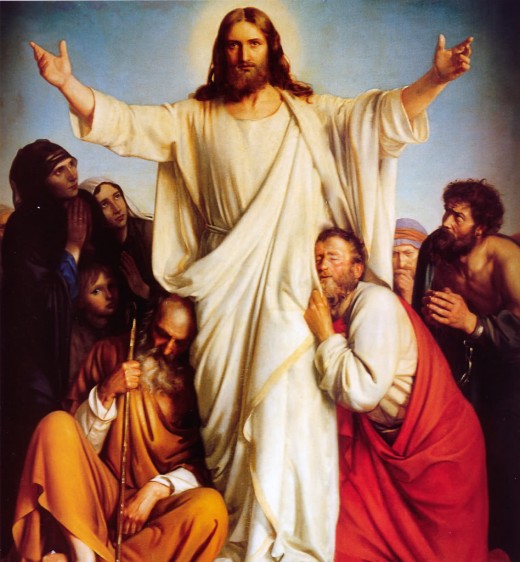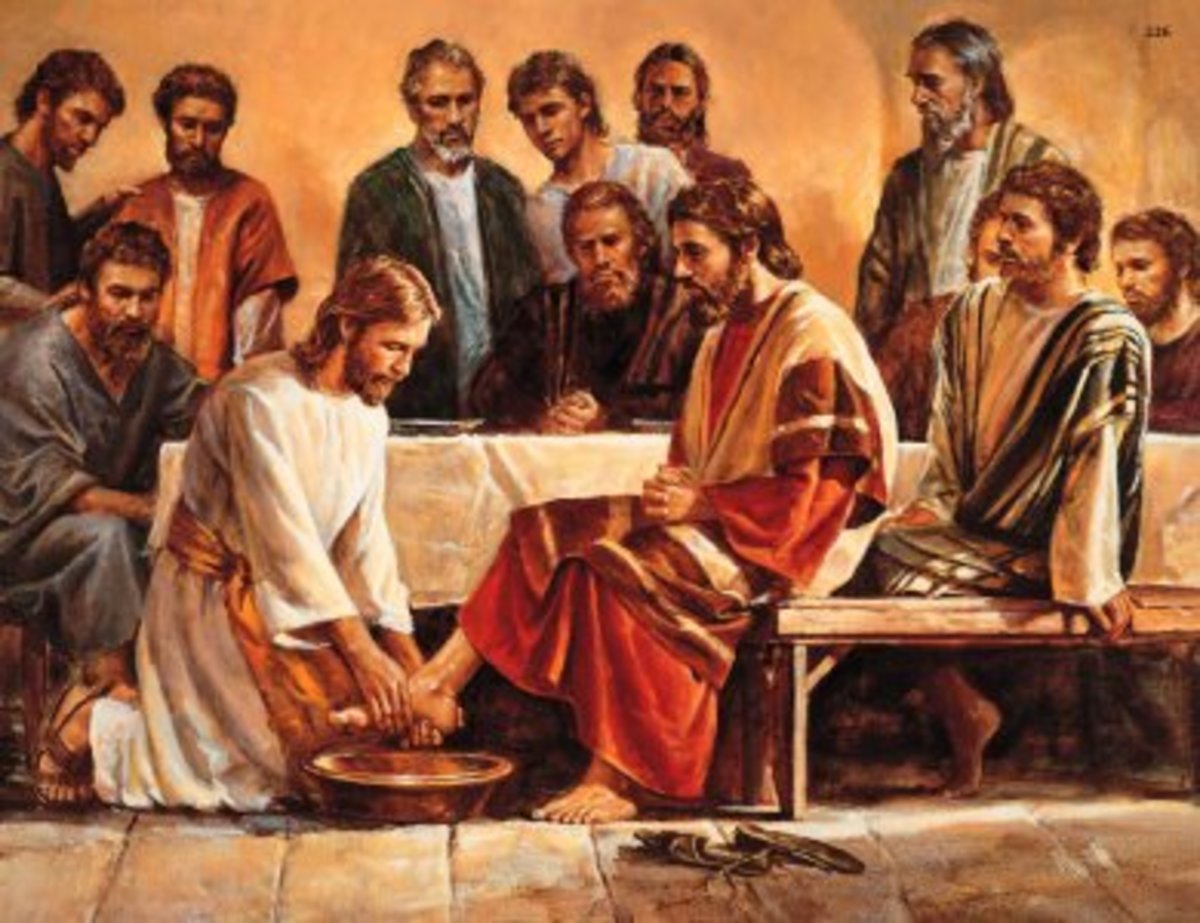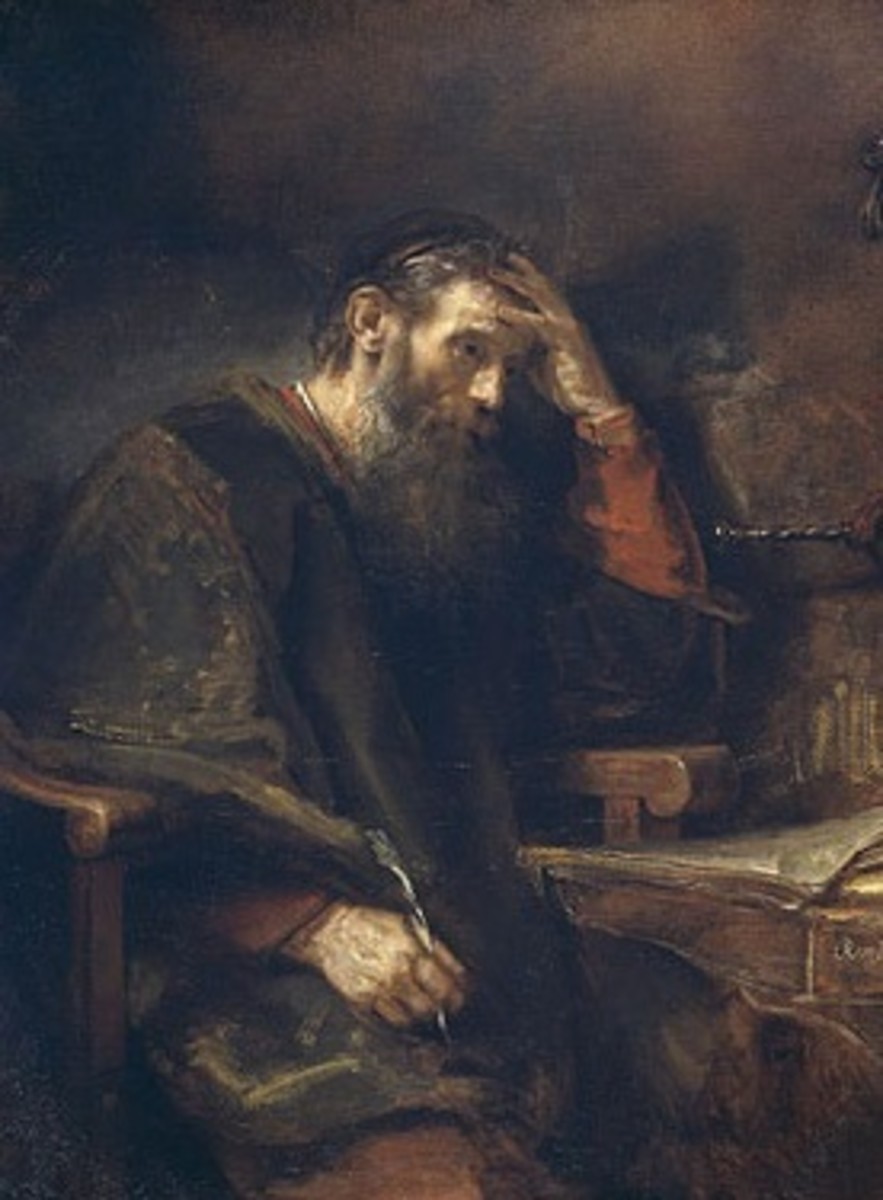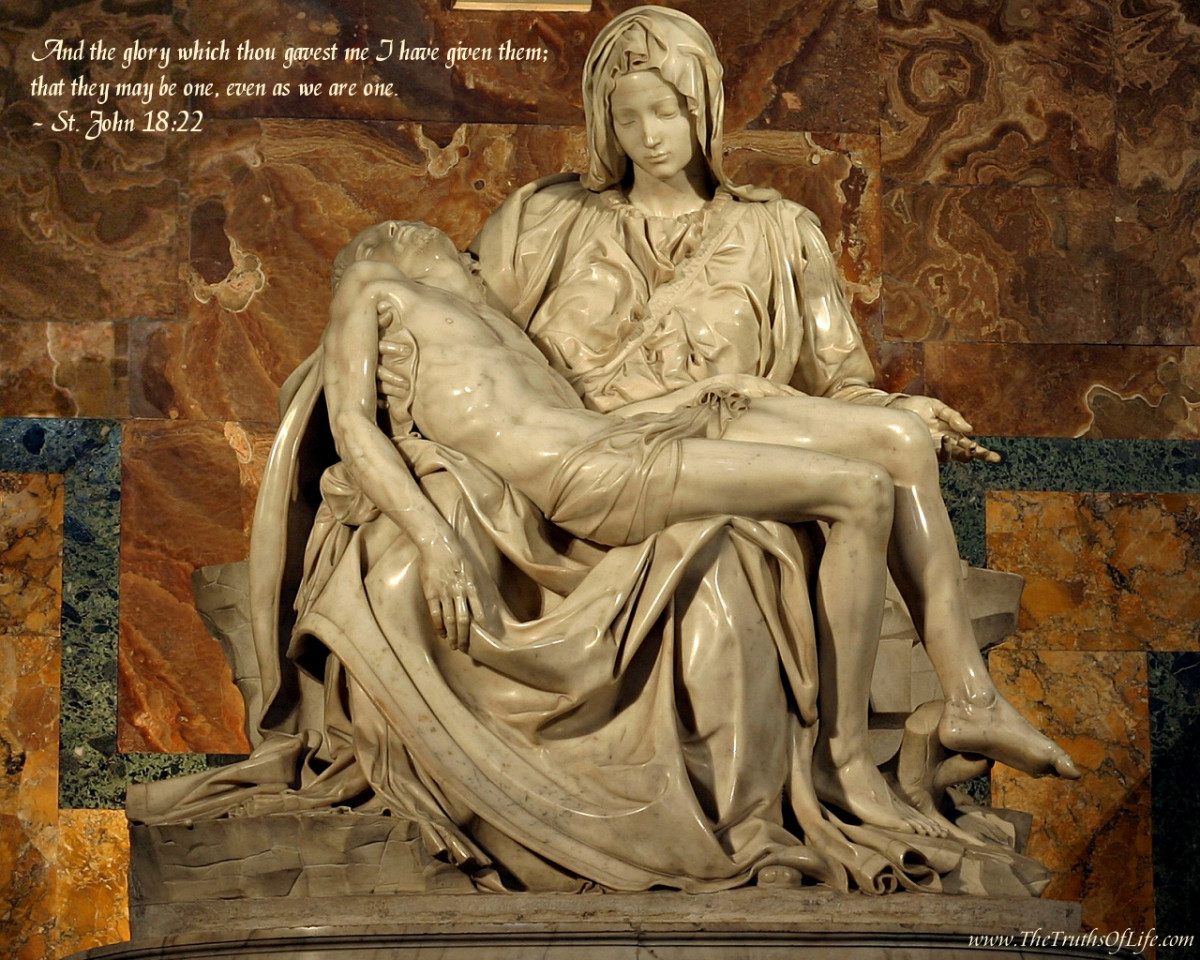How Can We Know Whether Our Understandings Of Jesus’ Teachings Are Accurate?

How do we know that Jesus’ teachings of two thousand years ago are understood correctly by Christians in the Catholic tradition today.
We know that Jesus’ teachings of two thousand years ago are understood correctly by Christians in the Catholic tradition today because of the Infallibility and the Magisterium of the Church. The Magisterium of the Church are the leaders within the Church who today have the spiritual gifts for guiding and preserving the original Church teachings. The Infallibility stops the Church from changing any of Jesus’ teachings, therefore making it correct to this day as it was back then. The Magisterium preserve and teach the original Church teachings and pass these down to those who succeed them, who then further teach these exact teachings, therefore because of these both, we know that Jesus’ teachings are understood correctly because they have been taught passed down, unchanged generation after generation.
What is the Magisterium of the Church?
It is crucial for people to be clear about the things Jesus taught and know how to apply these teach to situation in their lives. In saying this, how do we know that what we are taught today is what Jesus taught over 2 millenniums ago.
Jesus’ had a solution to this by appointing leaders from his followers and giving them special spiritual gifts. Through these gifts, the Holy Spirit would continue to escort Jesus’ followers as they lived their everyday lives.
The followers selected by Jesus to lead his Church passed on the authority that Jesus gave them to those who succeeded them as leaders of the church.
In conclusion the Magisterium of the Church is the leaders within the Church who today have the spiritual gifts for guiding and preserving Church teaching.
Why did Jesus give special spiritual gifts to Peter and the Apostles?
Jesus gave the Apostles special authority to lead other members of his Church when he said to them:
‘I will give you the keys of the kingdom of Heaven: whatever you bind on earth will be bound in heaven; whatever you loose on earth will be loosed in heaven.’ (Matthew 16:19)
Jesus gave the Apostles and Peter special spiritual gifts because it meant that they would be guided by the Holy Spirit. The power ‘to bind and to loose’, as quoted above, gave them the authority to determine the authentic teachings and beliefs of Jesus, which Jesus wanted.
Which in turn meant that they could spread Jesus’ teachings all over the Earth, just as Jesus wanted, as well.
What five responsibilities did Jesus give his Apostles?
Jesus gave his Apostles five basic responsibilities in their leadership of the Church. These were:
• To be the principal teachers of the Gospel
• To interpret the Gospel
• To govern the Church in the name of Jesus
• To guide his followers to live as he taught
• To ensure that the sacraments were celebrated properly.
Jesus gave the Apostles the special authority to lead the other members of his Church when he said to them:
‘I will give you the keys of the kingdom of Heaven: whatever you bind on earth will be bound in heaven; whatever you loose on earth will be loosed in heaven.’ (Matthew 16:19)
With whom did the Apostles share their spiritual gifts as the Church began to spread?
As the Church began to spread, the Apostles, who received their gifts at Pentecost, shared their spiritual gifts and authority with the people in the countries that they had spread the teachings of Jesus to.
The spiritual gifts and authority that Jesus first gave to the Apostles have been passed down through the centuries. Today, those who have these powers are called bishops.
Why did Jesus give Peter special spiritual gifts and authority?
Jesus gave Peter special spiritual gifts and authority to ensure that the correct understanding of Jesus’ teachings were being spread by the Apostles because he had told his Apostles to spread his teachings across the Earth, and because of this they needed to work in different parts of the world, making it very difficult for them to come together to work out a correct understanding of Jesus’ teaching.
Jesus gave Peter the special spiritual gifts and authority by:
• Calling Peter first
• Changing his name from Simon to Peter
• Telling Peter that he would be the ‘foundation stone’ of the Church
• Giving Peter the ‘keys of the kingdom’
• Praying for Peter to keep the faith and so support the other Apostles
• Appointing Peter to guide and support the whole of his Church
Over the centuries, to whom have the special gifts and authority of Peter been handed?
Today the person who has the special spiritual gifts and authority of Peter is the head of the Church, the Pope.
Peter was martyred in Rome around 64AD. The special gifts and authority he received from Jesus were handed on to his successors as head of the Church. First being Linus, who was then martyred around 78AD, then Cletus, Clement and so on down to our present day with now Pope Francis.
Define ‘apostolic succession.’
Apostolic Succession is the uninterrupted transmission of the spiritual gifts and authority in the Church through to successive popes and bishops. The Holy Spirit continues to guide the Pope and bishops today as they use these same spiritual gifts. The successors of the Apostles were called either elders or bishops because ‘Apostle’ is reserved out of respect for the first twelve who actually saw, knew and were sent out by Jesus.

What is the meaning of ‘the infallibility of the Church’?
Infallibility is the name given to the gift of the Holy Spirit that protects the Church from error when solemnly defining matters relating to Jesus’ teachings and how they are to be lived. Infallibility does not apply to matters outside the areas of faith and morals.
This gift, given to the Church, means that the Holy Spirit protects the Pope from making errors when he solemnly teaches what is essential to the message of Jesus and how it applies to Christian living. The gift of infallibility does not protect the Pope from any other errors.
To what extent does the Church’s Magisterium have the power to change teachings or laws of God that conflict with the trends and practices of society?
The Church’s Magisterium cannot cannot change the teachings of Jesus by permitting something that contradicts a teaching of God.
Jesus told Peter and the Apostles to teach people:
‘...to observe all the commands I gave you.’ (Matthew 28:20)
Because of this their authority was limited. They could only teach, explain and apply the teachings of Jesus. They could not change them.
Once again, as the spiritual gifts and authority have been passed down, the Pope and bishops today are limited as well. They cannot go against any of Jesus’ teachings.
In conclusion, the Church cannot make the changes in its teachings and practices called for by some people today.









